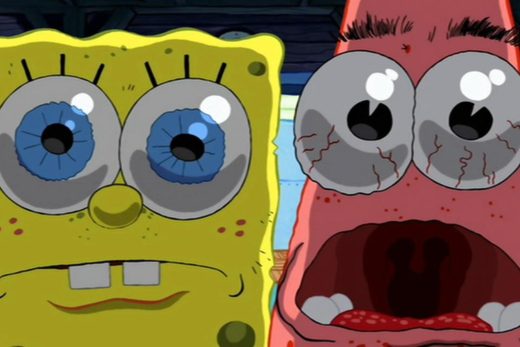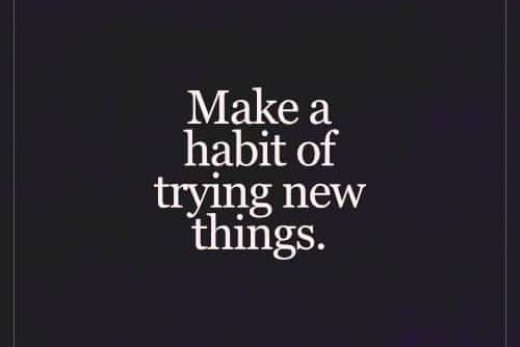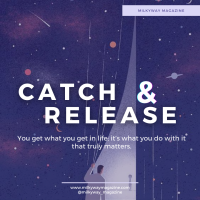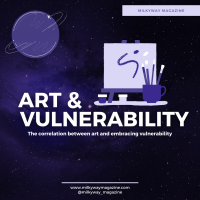Writen by Habiba Suliman
Edited by Duha Hegazy
Graphic Design Maram Mohammed

You know how if someone asked you to describe the feeling of reading,
you’ll stare at nothing for hours and hours trying to come up with the
perfect answer. Because how could you tell them that it’s everything yet
nothing at the same time? How could you tell them that we see a whole
new world, although it might be just as typical as ours? How could you
tell them that we walk alongside characters and fall in love with some of
them, if not all? How Could you simply tell them that while they see
mere words on paper, we see everything we wish we so desperately had?
Because how could you tell them that a book is our only escape from this
world, and sometimes even from our very own skin?
But contrary to popular belief, reading is not all sunshine and rainbows.
Yes, it does bring us utter joy, yet it breaks us apart in so many ways. As
anything that is good in this world always has a catch or a downside,
reading -in my opinion- has one of the most heart-wrenching downsides
ever to exist. Reading creates a connection between the reader and the
ever-so-fictional characters and their stories, whether they are completely
saddening or just a story. Being a bookworm takes time, it starts by
reading a book each month, then a book each week, and then it escalates
so quickly that you find yourself going through books like drinking water.
Being a bookworm is like being a time-traveler, you visit so many places
and various time eras and even universes that would never in a million
years be real. But they are real to those who read and that’s exactly the
problem, that’s the downside of reading.
The attachment, the love, the places, the characters, the ups and the
downs, the twists, and most importantly the tears. I could go on and on
about everything I love about reading, but I’ll tell you what I don’t love.
The downside of reading is the façade it creates for us. Not entirely in the
wrong but once you open a book and start reading it, once you meet the
characters and travel with them, you get attached. And when that book
ends, it leaves you empty and hungry for more. More of the love you felt
while reading, more of the serotonin, more of the characters, more of
literally everything. Not only does it leave you in need of more, but it also
creates such out-of-this-world standards for both male and female
readers. Fictional men will never ever in a million years be real and the
same thing goes for fictional women. That’s the problem with books, it
creates such unrealistic standards that make it hard for anyone to fall in
love, especially readers. I also think that we become so invested in the
characters and the book to the extent of being angry at them or madly in
love with them. Yet, the brutal truth is that they are mere words on paper.
It’s ironic how much we fall in love with fictional men and women.
Fiction is supposed to stay fiction, that’s why it’s labeled that way. But
readers -and I am one of them- can’t seem to digest that what happens in
books will never occur in real life, or perhaps they choose not to
acknowledge this fact for the sake of not losing hope. That’s another
thing about the downside of reading, we choose repeatedly to forgo the
idea that books are just fiction. We get attached nevertheless; we cry our
hearts out because of words on paper. Books for all readers are an escape;
we open a book, and we lose ourselves. We think that maybe for a little
while we simply get to forget who we are.







